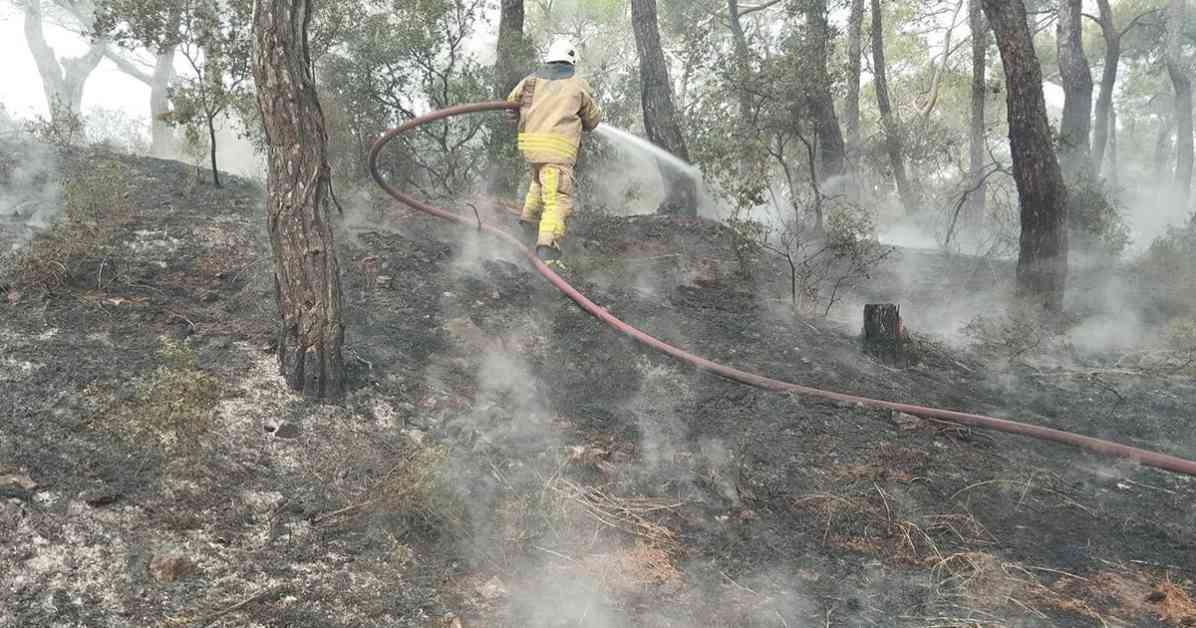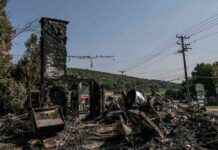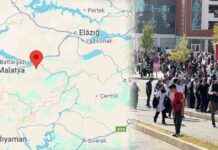Fire Breaks Out in Forested Area on Heybeliada
A sudden blaze engulfed a forested area on Heybeliada, causing panic among residents and authorities alike. The fire, which started in the early hours of the morning, quickly spread due to strong winds and dry conditions in the region. Firefighters rushed to the scene to contain the flames and prevent further damage to the ecosystem.
Residents in the vicinity were evacuated as a precautionary measure, while emergency services worked tirelessly to control the fire. The cause of the blaze is still under investigation, with authorities looking into the possibility of arson or accidental ignition. However, the priority remains on extinguishing the fire and ensuring the safety of the residents in the area.
Effects on Wildlife and Ecosystem
The fire has had a devastating impact on the local wildlife and ecosystem. The forested area on Heybeliada is home to a diverse range of plant and animal species, many of which are now at risk of displacement or extinction due to the fire. The loss of habitat and food sources could have long-term consequences for the biodiversity of the region.
In addition, the fire has released harmful pollutants into the air, posing a threat to the health of both humans and animals in the vicinity. The smoke and ash from the fire can cause respiratory problems and other health issues, especially for vulnerable populations such as children, the elderly, and individuals with pre-existing conditions.
Efforts to Combat the Fire
Firefighters are working tirelessly to extinguish the flames and prevent the fire from spreading further. Helicopters and water-bombing aircraft have been deployed to douse the flames from above, while ground crews are using hoses and firebreaks to contain the fire on the forest floor. The challenging terrain and weather conditions have made the firefighting efforts more difficult, but firefighters remain determined to bring the blaze under control.
Local residents and volunteers have also joined the efforts to combat the fire, offering support in any way they can. From providing food and water to firefighters to assisting with evacuations, the community has come together to face this crisis head-on. The solidarity and resilience shown by the residents of Heybeliada are a testament to the strength and spirit of the local community.
Prevention and Preparedness
As the fire on Heybeliada rages on, it serves as a stark reminder of the importance of prevention and preparedness in the face of natural disasters. Climate change is making wildfires more frequent and intense, posing a growing threat to communities around the world. It is crucial for authorities to invest in fire prevention measures, such as clearing brush and creating firebreaks, to reduce the risk of wildfires in forested areas.
Furthermore, emergency response teams must be adequately trained and equipped to handle wildfires effectively. Regular drills and exercises can help ensure that firefighters and other personnel are prepared to respond to emergencies swiftly and efficiently. By taking proactive measures to prevent and mitigate wildfires, communities can better protect themselves and their environment from the devastating effects of fires like the one on Heybeliada.
Recovery and Restoration
Once the fire on Heybeliada is extinguished, the focus will shift to recovery and restoration efforts. It will be crucial to assess the extent of the damage to the ecosystem and develop a plan for rehabilitating the affected area. Replanting trees, restoring habitats, and monitoring wildlife populations will be essential steps in restoring the forested area to its former state.
Community involvement will also be key in the recovery process, as residents can play a vital role in rebuilding and restoring the local ecosystem. By participating in tree-planting initiatives, clean-up efforts, and conservation projects, the community can contribute to the healing and regeneration of the forested area on Heybeliada. Together, we can work towards a sustainable future for the environment and all its inhabitants.











